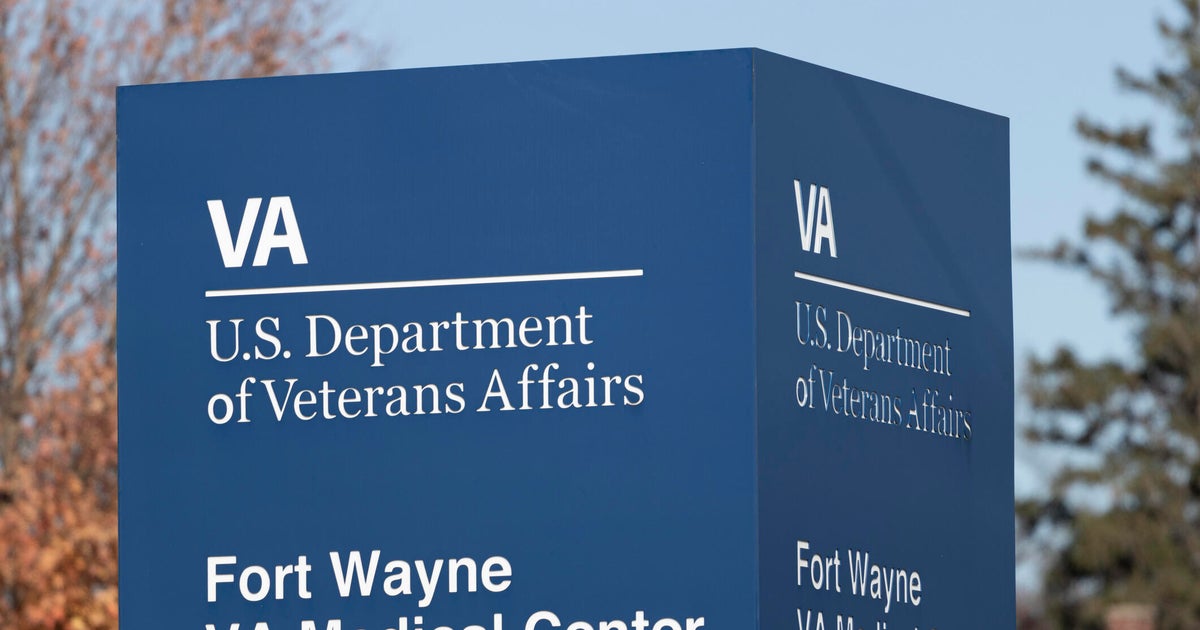VA Healthcare Crisis: Staffing Shortages Surge 50%, Leaving Veterans at Risk

Alarming findings from the Department of Veterans Affairs (VA) Office of Inspector General (OIG) reveal a rapidly escalating crisis within the VA healthcare system: a dramatic surge in staffing shortages. The OIG's recent report indicates that VA facilities nationwide reported a staggering 4,434 staffing shortages during the current fiscal year – a concerning 50% increase compared to fiscal year 2024. This significant jump raises serious concerns about the quality of care veterans receive and the potential impact on their health and well-being.
The Scope of the Problem: A System Under Strain
The report highlights a widespread issue impacting numerous VA medical centers and clinics across the country. These shortages span various critical roles, including nurses, doctors, pharmacists, mental health professionals, and support staff. The sheer volume of unfilled positions translates to increased workloads for existing staff, potentially leading to burnout, errors, and delays in patient care. The OIG's investigation underscores a systemic problem that demands immediate attention and effective solutions.
Why the Surge? Contributing Factors to the Shortage
Several factors are believed to be contributing to this alarming trend. The ongoing national healthcare worker shortage, exacerbated by the COVID-19 pandemic, is undoubtedly a major factor. Competition from private healthcare providers offering higher salaries and more flexible schedules is also drawing talent away from the VA system. Furthermore, complex bureaucratic processes within the VA, coupled with challenges in recruitment and retention, are hindering efforts to fill these crucial positions.
Impact on Veteran Care: Potential Consequences and Risks
The consequences of these staffing shortages are far-reaching and potentially devastating for veterans. Longer wait times for appointments, reduced access to specialized care, and increased risk of medical errors are just a few of the potential outcomes. The mental health of veterans, already vulnerable, could be further compromised by delays in treatment and a lack of adequate support. The VA's commitment to providing timely and quality healthcare to those who served our nation is being severely challenged by this crisis.
The OIG's Recommendations: A Call for Action
The OIG report doesn't just identify the problem; it also offers concrete recommendations for addressing it. These include streamlining recruitment processes, enhancing employee retention programs, improving compensation and benefits packages, and exploring innovative staffing models. The report urges the VA to prioritize these recommendations and implement them swiftly to mitigate the risks to veteran care.
Looking Ahead: Addressing the Crisis and Protecting Our Veterans
The escalating staffing shortages within the VA healthcare system represent a critical challenge that demands urgent and decisive action. Congress, the VA leadership, and healthcare professionals must work together to implement effective solutions that prioritize the health and well-being of our nation's veterans. Failure to do so will have profound and lasting consequences for those who have sacrificed so much in service to our country. The time for action is now, to ensure that veterans receive the quality healthcare they deserve and have earned.



:max_bytes(150000):strip_icc():focal(686x347:688x349)/bindi-irwin-081325-ddbe5d708f7745adad0539c0209c0cb7.jpg)

:max_bytes(150000):strip_icc()/GettyImages-953147476-0602dfd373604d079ac82b135c3b78ec.jpg)
